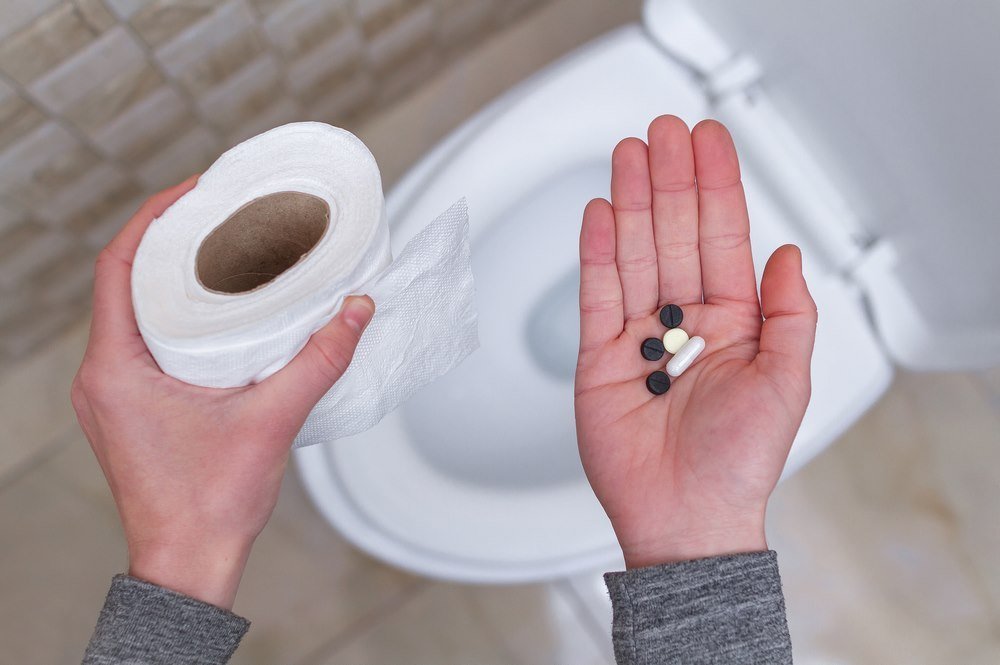Medications

With aging, body accumulates a number of disorders. Some of these medications and the conditions in which they are used are listed:
- Loop diuretics for heart disease: in order to de-stress heart load, loop diuretics are prescribed in heart failure. However, these drugs cause this effect by decreasing the fluid volume of the body and increasing urine output. Significant electrolyte disturbance can also occur in a side effect, unless managed by proper intake of water and electrolyte supplements.
- Diuretics for hypertension (high blood pressure): to counter the increased blood pressure, diuretics are used which counter pressure by decreasing volume. Although effective for hypertension treatment, these water-pills can increase urine frequency and volume and can precipitate dehydration.
- Laxatives to counter constipation: laxatives can increase the intestinal motility and treat constipation. The point where laxatives can cause diarrhea, can lead to dehydration due to water loss through the gastrointestinal tract.
- Drugs to treat psoriasis: Apremilast is a pill used in the treatment of psoriasis. It can cause diarrhea as a side effect and can lead to dehydration.
- Chemotherapeutic drugs: cancer drugs commonly have a side effect of nausea and vomiting, which can disturb electrolyte and water balance and cause dehydration.
